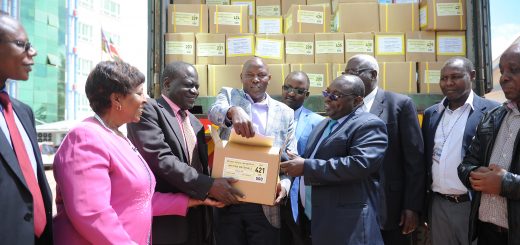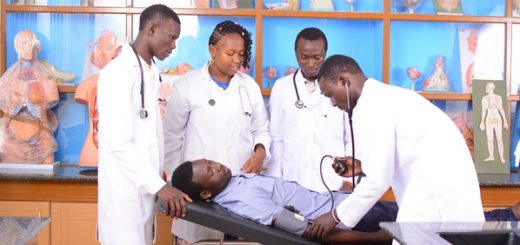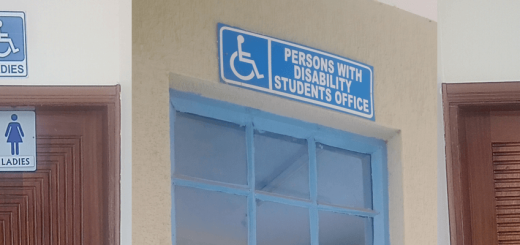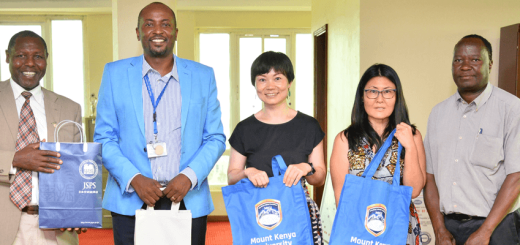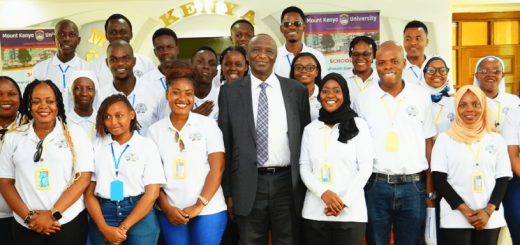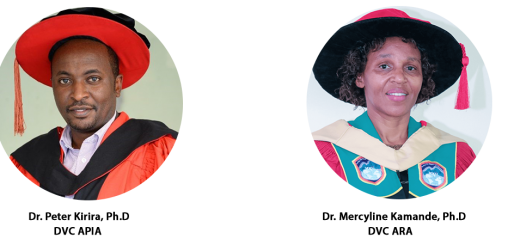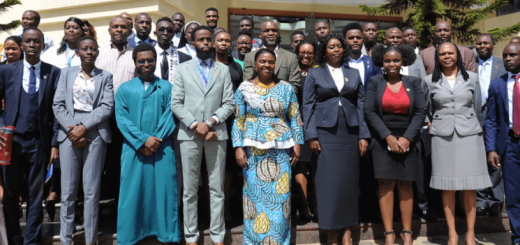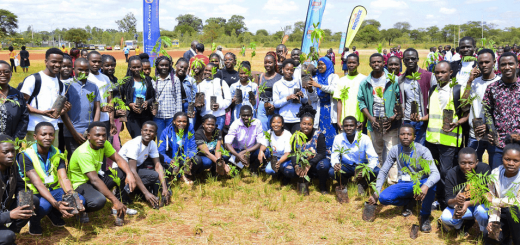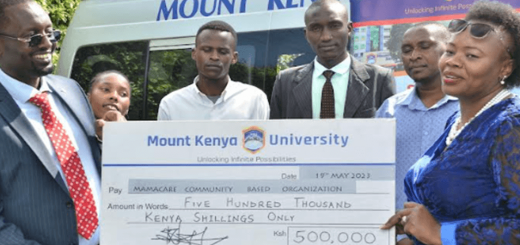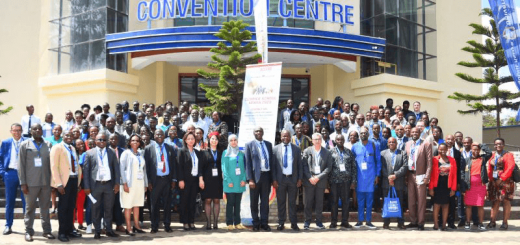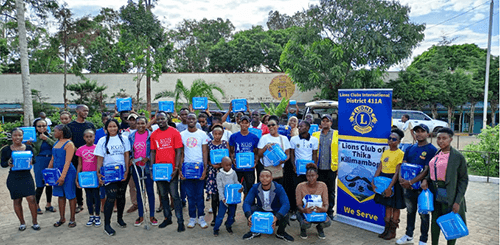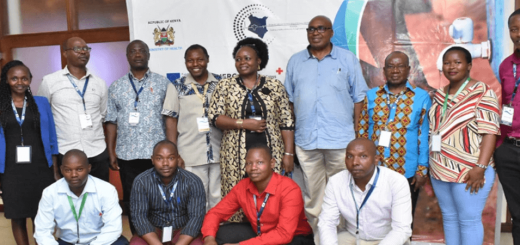MKU RESEARCH OUTREACH OUTCOME
Neonatology training is an important aspect of the Collaborative Newborn Support Project. A baseline survey conducted at the project onset laid bare the worrying levels of inadequacy in newborn care skills among health providers in Bungoma County. Even skills that may appear mundane were not common practice. For instance, less than 50% of the providers observed showed the mother how to hold her baby while breastfeeding, or advised the mother on what should happen if the baby failed to feed in an hour or so. Only 12% of health providers observed inquired about the medical history of the babies. More alarming, only 29% of health providers observed washed their hands before and after cord care. The unflattering results of this survey informed the design of a neonatology course.
Health providers were identified from the nine sub-county hospitals and trained on, among other skills, examination of the newborn, breastfeeding, resuscitation, and how to identify and deal with neonatal jaundice, congenital infection, and respiratory distress. A team of specialists from Kenya Pediatrics Association (KPA), MKU and Bungoma County conducted the training. Dr. David Githanga, a former KPA Chairman, emphasized that to be effective and sustainable, the trainees needed to be self-driven and keen on personal development.
Doris Wafula, a nursing officer from Bungoma Hospital, observed that the training was very effective in teaching skills. “The trainers allowed the training to be based on needs. The practical sessions were the most effective. We realized that skills we took for granted, like breast attachment, are not so obvious after all!”
“I have attended many trainings but this one stands out for its delivery methods. The demonstrations were very important because they stuck in one’s mind and are not easy to forget. This is unlike other trainings where we just go through literature. Skills like hand-washing, resuscitation and, most importantly, drug administration, were very useful to me,” said Annette Wambuo, a nurse from Webuye Hospital.
Godfrey Khaemba, a clinical officer from Mt. Elgon Sub-County Hospital summarized the general feeling on the video presentations. “It makes you relate with the situation. You are able to observe in detail and feel what you cannot grasp in words. Those images stay in your mind throughout your career,” he said. “I had not previously given much importance to breast attachment. Attachment actually makes the difference between a baby feeding and starving. It’s clearly a matter of life and death.” he concluded.
The training was very effective. A comparison between the pre-training and post-training evaluation tests revealed that knowledge acquisition went up by an average of 20%, which was quite impressive.
Mount Kenya University has partnered with Fountain Africa Trust, a local Non-Governmental Organization based in Bungoma County and the Bungoma County Ministry of Health in the design and implementation of the Collaborative New Born Support with the aim of reducing neonatal mortality in the county drastically

